Exclusive Gilded Age Arts Society Debuts New Public Exhibits in NYC
The American Academy of Arts and Letters, a venerable New York cultural institution, is a portal to art across time!


While Trafalgar Square is one of Central London‘s highly frequented tourist attractions, most people looking up at the statues and Nelson’s column will miss an important piece of the city’s history literally lying at their feet: the Imperial Units, the standard units of measurement of the Imperial system, or Trafalgar standards for short.
On the morning of October 16, 1834, Richard Whibley, the Clerk of Works at the Palace of Westminster, tasked Joshua Cross and Patrick Furlong with burning the old tally sticks. As Charles Dickens recounted “they were burned in a stove in the House of Lords. The stove, over-gorged with these preposterous sticks, set fire to the paneling; the paneling set fire to the House of Commons; the two houses were reduced to ashes.”
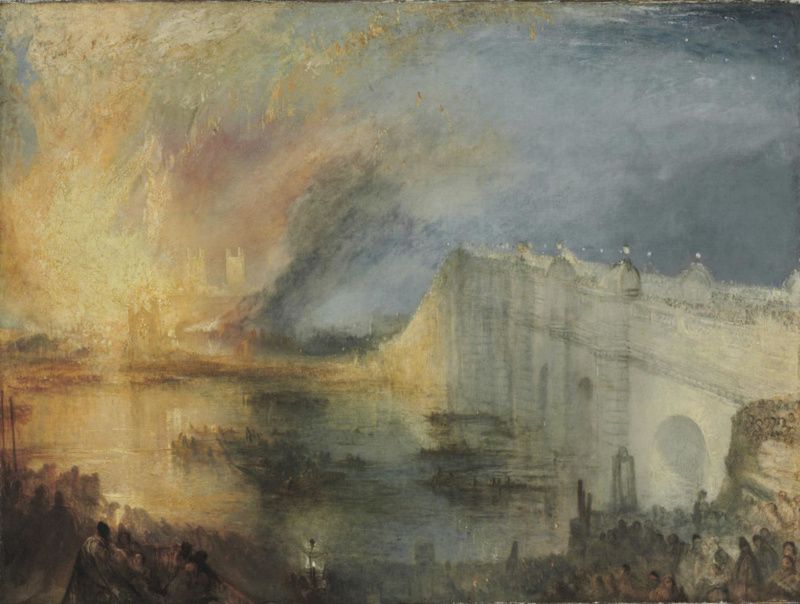
The Burning of the Houses of Lords and Commons by JMW Turner. Image via Wikimedia Commons, Philadelphia Museum of Art
The split tally sticks were utilized by the Exchequer to document its accountings. The tally sticks consisted of two parts so that recordings could only be made when both parties to a transaction came together. As the clerks of the Exchequer became literate, the sticks became outdated. In 1724, the Treasury mandated that the abolition of the tally sticks. However, this did not occur until 1826. By 1834, officials realized how many of these old sticks existed and it was determined that they should be burned. Therefore, it was on the morning of October 16, 1834 that Whibley decided to burn them in the furnaces that heated the House of Lords.
After Cross and Furlong finished their assignment, they left the furnace to finish its task. By six o’clock, the first reports of the fire started coming in. Within a short period of time, the fire became London’s biggest fire since the Great Fire, over 150 years earlier. The fire destroyed the majority of the Palace of Westminster. However, firefighters were able to save Westminster Hall (which is still standing today). Also lost were the standards of the Imperial units of measurement.
A Standards Commission, chaired by Sir George Airy (a mathematician and astronomer), was charged with creating new standard units of measurement, which it did between 1838 and 1842. To ensure they would not be obliterated again, the standards were triplicated. One appears in the Great Hall of the Guildhall, the second by the gate of the Royal Observatory in Greenwich, and the last in Trafalgar Square.
The Trafalgar Square standards, which were installed in 1876, are missed by the vast majority of tourists who frequent the Square. They provide a unique lens into the history of London and are without a doubt one of London’s most overlooked sites.
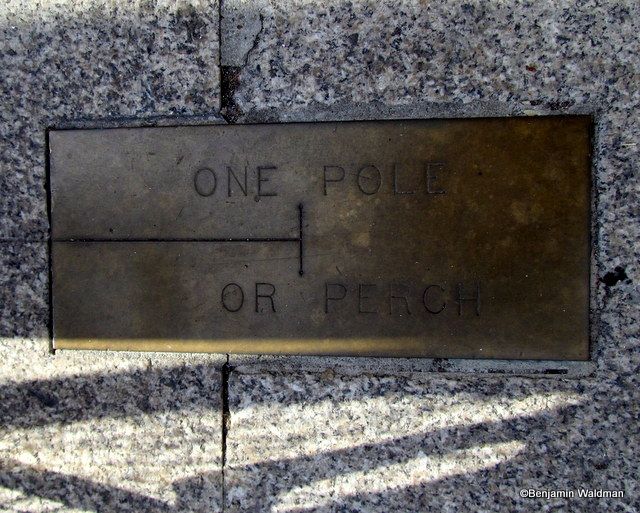
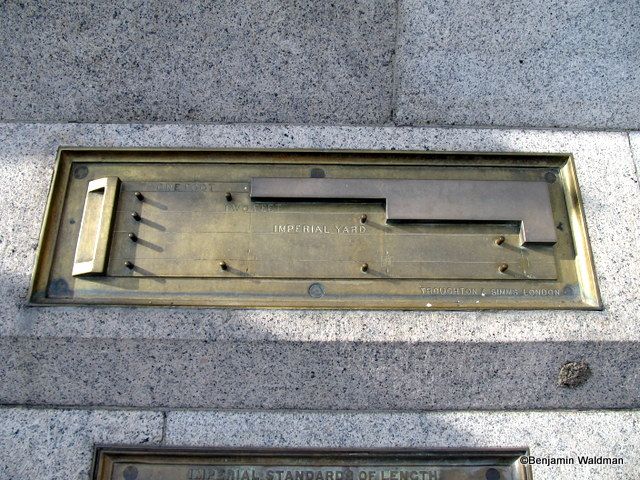
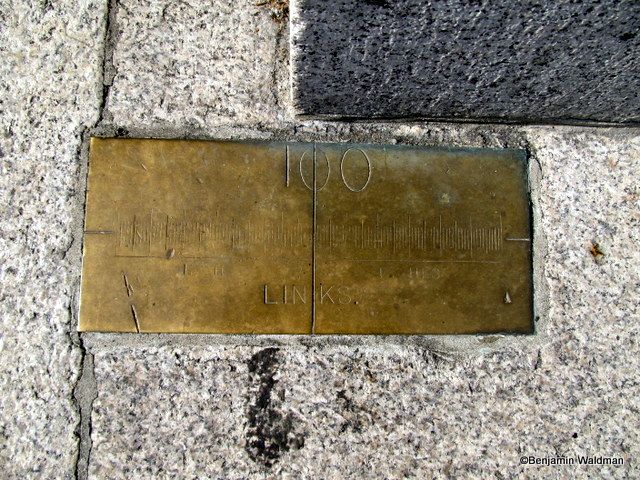
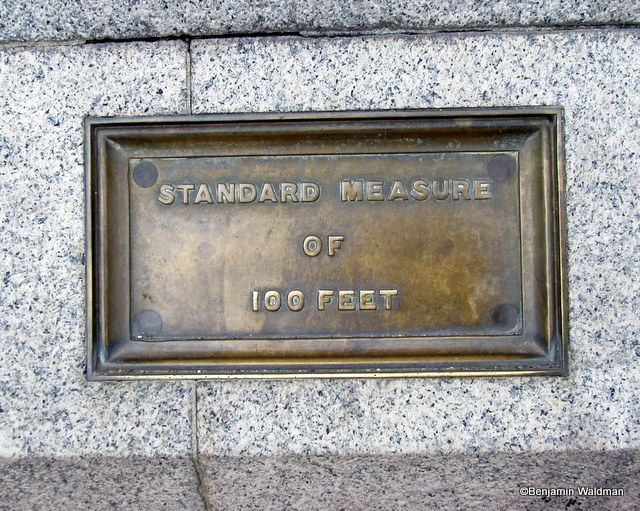
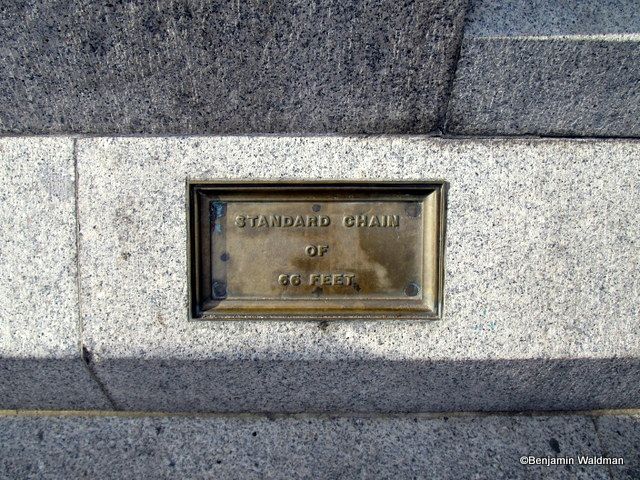
Subscribe to our newsletter